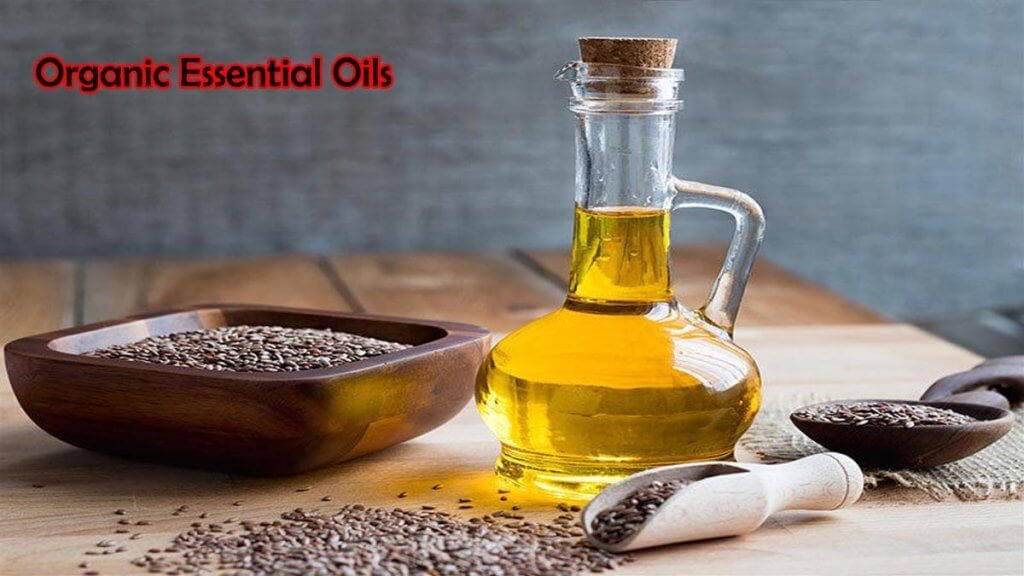Essential oils are pure, volatile aromatic compounds in various plants, flowers, seeds, bark, and roots. They can be extracted by steam or water distillation and are highly concentrated. Look for the words ‘pure’ and ‘organic.’ Avoid ‘fragrance’ oils, which may contain essential oils combined with other chemicals.
Table of Contents
Medicinal
The medicinal benefits of your favorite organic essential oils are wide and varied. They’re known to have antidepressant, antibacterial, antiviral, and calming properties, among other benefits. In addition, many of these powerful oils are also natural antioxidants that can help prevent cell damage from free radicals. However, it’s important to note that these highly concentrated substances should be used sparingly and with caution. It’s especially advisable to consult your doctor before using them if you have certain health conditions.
Additionally, children and pets should not be exposed to essential oils. Finally, when applying these oils topically (with a carrier oil), starting with the lowest recommended dosage is best and working up from there. Organic certification helps ensure that the products you’re buying are genuinely natural.

Companies that voluntarily go through this process are inspected and audited at practically every step, from their planting and agricultural practices to the production and manufacturing of their oils. Regarding essential oils, organic certification means that the product you’re purchasing was made from plants and processed without chemicals and pesticides. However, it’s also important to note that even if a product has an organic seal, specific pesticide residues still can’t be eradicated, just like in conventional crops. The main difference is that these residues are minimal at best with organic products.
Aromatic
Essential oils are highly concentrated natural extracts from leaves, stems, flowers, and other parts of plants. They can be inhaled directly from the bottle or diluted with carrier oil and applied to the skin. Essential oils have a variety of therapeutic and health benefits, including improving sleep, alleviating pain, soothing anxiety, clearing respiratory congestion, promoting healthy skin, and eliminating odors. The organic label on an essential oil indicates that the product has been grown and extracted according to a set of practices designed to be environmentally friendly and sustainable. The organic certification process includes using natural fertilizers and avoiding synthetic pesticides, herbicides, GMOs, and fungicides. It also mandates that the grower take care of the soil and ensure that all aspects of the growing and extraction processes are accounted for in terms of potential chemical contaminants. While some may still prefer non-organic oils for economic reasons, those concerned about the potential effects of chemical or pesticide residues on their body will opt for organic oils whenever possible. However, it is essential to note that even though organic farming methods help minimize the presence of toxic chemicals, it is not a guarantee that no residues will make their way into the final product.
Skin Care
One of the most popular uses for essential oils is for skin care, and organic ones are a great choice. They are free from artificial ingredients that irritate sensitive skin and cause flare-ups and breakouts. They are also better for the environment as organic production is a more sustainable way of life for producers and their ecosystems. When you use an organic oil, you know that the plant or botanical from which it was extracted adhered to all organic guidelines set forth by the certifying body. This ensures that no chemicals are used during the entire process. You can apply the oil to your hair, stomach, and skin or inhale it as an aromatherapy blend. You may even find your skin smoother and healthier after using a certified organic oil. This is because the toxins in conventional products can build up in your body over time and wreak havoc. Organic oils are also better for the planet as they reduce the amount of waste in landfills. You can use your certified organic essential oil in various ways, including treating acne, soothing dry skin, and reducing age spots. You can use it in a face wash or as a moisturizer by mixing it with honey to create a face mask. Alternatively, you can put it on a carrier oil and massage it into your skin to relax.
Aromatherapy
Essential oils are highly concentrated plant extracts that can be used for various therapeutic purposes. They are made by steaming or pressing different plant parts, such as flowers, bark, leaves, and fruits, to capture the scent molecules that create a fragrance. These oils are used in aromatherapy and can be diluted for skin care use. Some people also use them in cooking or to scent their homes. Research has found that some of these oils have antidepressant, stimulating, detoxifying, and calming properties. Inhaling the scent of these essential oils sends the molecules straight to the brain’s limbic system, which is responsible for emotions and memory. They may stimulate the olfactory nerves and influence the brain’s reaction to pain and stress. Another potential benefit of using organic essential oils is that they contain zero chemical irritants, making them safer for sensitive skin. The absence of harsh chemicals can help reduce the occurrence of atopic dermatitis, which is known as eczema.
Those looking for organic essential oils should check the labels to see if the vendor has an organic certification from a reputable certifying authority. These certificates are inspected and audited regularly, from the supplier’s planting and agricultural practices to the product’s end-to-end manufacturing process.


